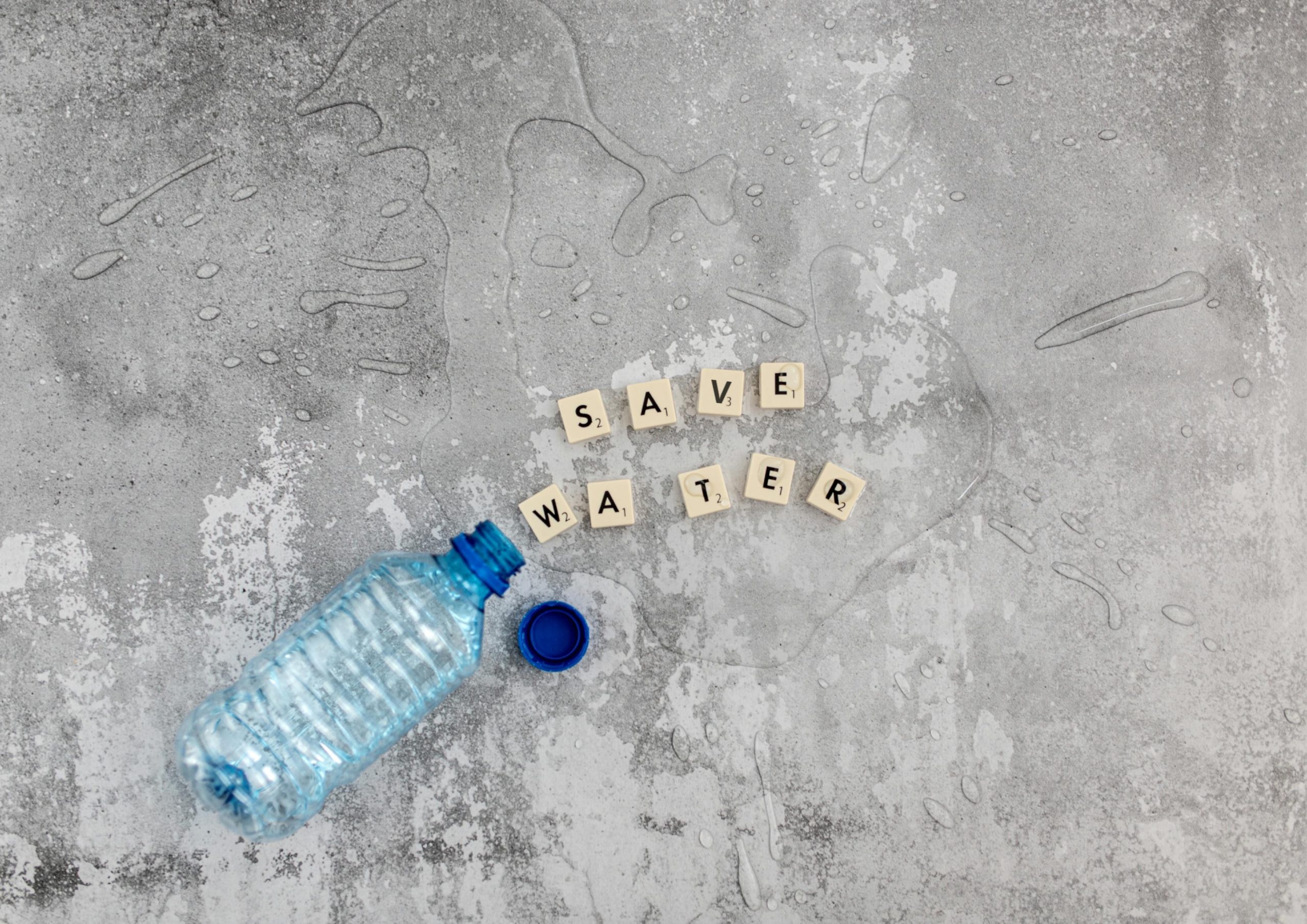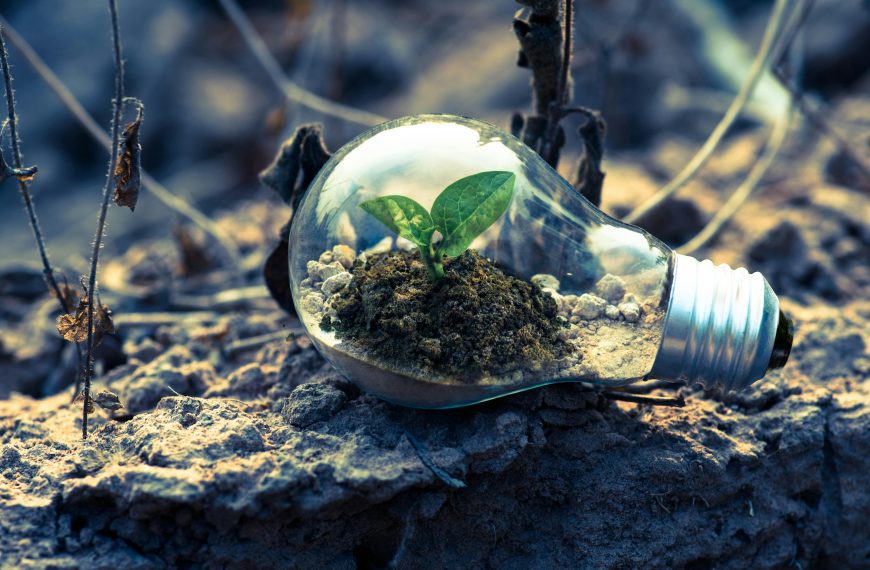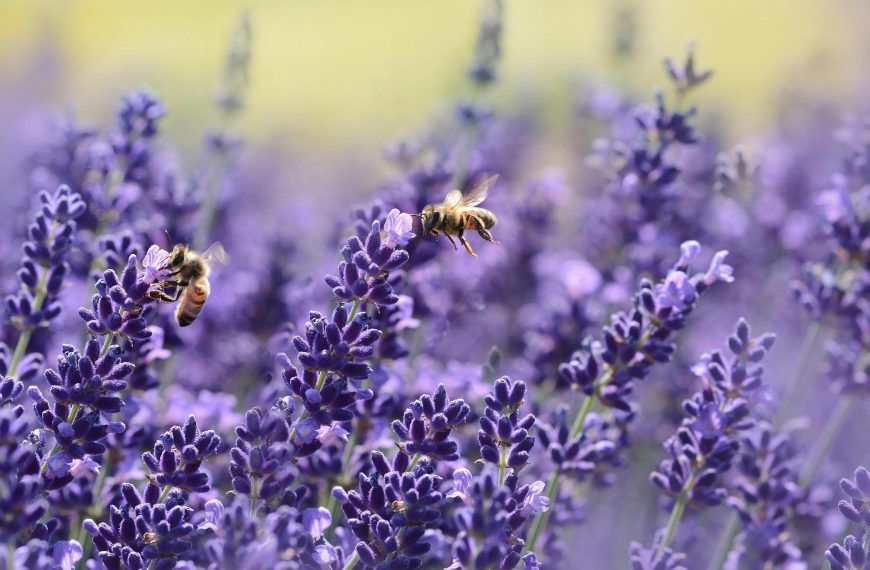In today’s world, where water is often overlooked, the importance of conserving it is becoming more crucial.
Water, essential for life, is not a commodity.
Despite covering 71% of the Earth’s surface, only 2.5% of it is freshwater, and just 1% is easily accessible for human consumption.
The remainder is stored in glaciers, ice caps, and underground reserves.
With increasing populations, industrialization, and the impact of climate change on rainfall patterns, the necessity for water conservation has never been more pressing.
The Critical Significance of Water Conservation:
Maintaining Environmental Harmony: Water serves as the life force of ecosystems. It sustains habitats and aids in plant growth; its availability directly affects biodiversity. Overexploitation or pollution of water sources disrupts these balances, resulting in harm to ecosystems.
Human Well-being: Clean water is essential for health. The lack of access to drinking water can lead to waterborne illnesses such as cholera and dysentery, particularly affecting communities in developing nations. By conserving water, we ensure its availability for sanitation and hygiene practices, thus safeguarding health.
Ensuring Food Security: Agriculture consumes 70% of water resources. Effective water management practices in agriculture play a role in ensuring food security for the expanding population. Techniques such as drip irrigation and crop rotation help minimize water wastage while maximizing crop productivity.
Addressing Climate Challenges: The impact of climate change, with its prolonged droughts and unpredictable rainfall patterns, intensifies water scarcity issues. Implementing water conservation measures is vital to enhance resilience against these climate-related adversities. By reducing our water usage, we can mitigate the effects of water stress on both communities and ecosystems.
Promoting Economic Stability: Water scarcity presents risks, especially for industries heavily reliant on water like manufacturing and energy production. Through water conservation strategies, businesses can cut expenses, improve resource efficiency, and ensure sustainable development over the long term.
Practical Water Saving Suggestions:
- Repair Leaks: Check for and fix leaks in faucets and pipes to prevent water wastage.
- Upgrade to Water Efficient Fixtures: Replace toilets, showerheads, and faucets with efficient models bearing the WaterSense label to adhere to EPA standards for optimal water usage.
- Reduce Shower Time: Limiting showers to five minutes per day can lead to water savings. Installing a low-flow showerhead further reduces consumption without compromising on pressure.
- Harvest Rainwater: Consider setting up rain barrels to collect rainwater for purposes like watering plants or cleaning vehicles. This helps decrease the need for relying on city water sources for tasks that don’t involve drinking water.
- Optimize Irrigation: Water your garden and lawn in the morning or late in the evening to reduce evaporation. Utilize drip irrigation systems or soaker hoses to efficiently deliver water directly to plant roots, which helps minimize runoff and evaporation. When planning your landscaping, opt for plants that are well-suited to your local climate and require less water to thrive. Adding mulch around plants can help retain soil moisture and lessen the frequency of watering needed.
- Reuse Greywater: Collect greywater from activities like washing dishes and laundry for tasks such as flushing toilets or watering plants. It’s important to filter and treat greywater to prevent any contamination issues.
- Practice Water Conservation in Daily Routines: Be mindful when washing dishes, doing laundry, or brushing teeth. Consider running loads in dishwashers and washing machines for efficiency.
- Spread Awareness: Spread awareness about the significance of water conservation within your community. Show support for initiatives and policies that aim at encouraging water management practices globally.
Remember, conserving water is not just an option but a vital necessity for safeguarding our planet and ensuring a better future for generations to come. By embracing impactful methods to conserve water in our routines, we can together contribute significantly to safeguarding this valuable resource. Whether through individual choices or larger policy shifts, each contribution plays a role in securing a sustainable water outlook for everyone. Let’s value and safeguard this resource, as its abundance forms the cornerstone of existence itself.









